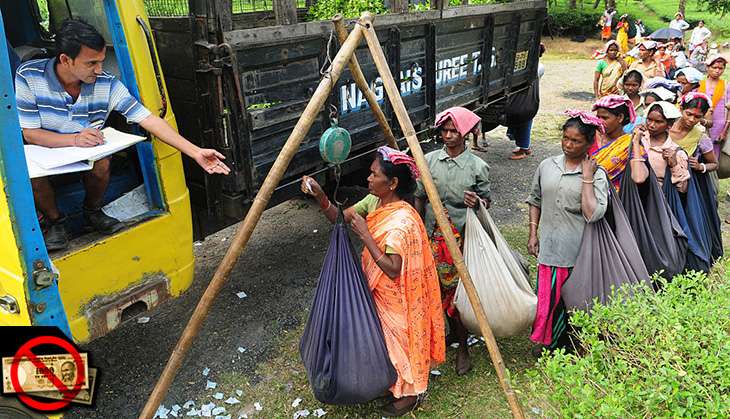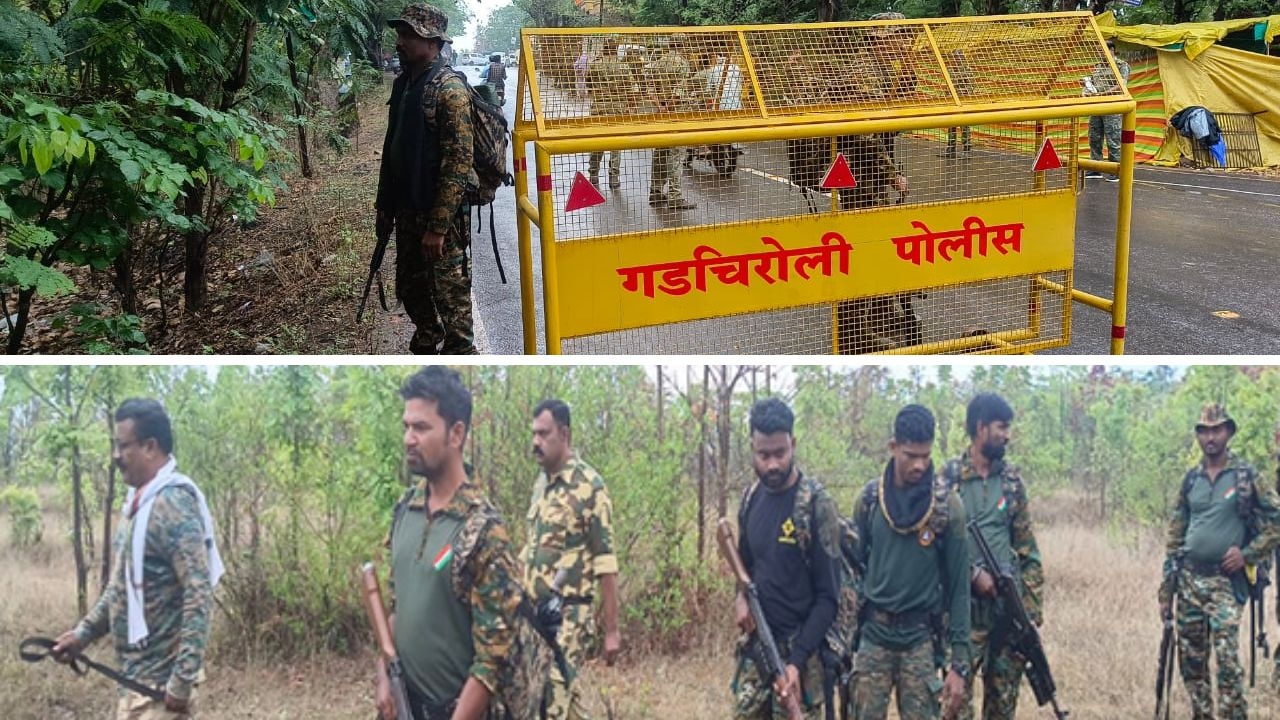Demonetisation impact: Resentment brews in Bengal's already reeling tea industry

Days after the West Bengal Government stepped in to bail out the labour-intensive tea industry which is reeling under a severe wage crisis after the demonetisation of Rs 500 and Rs 1,000 notes, the workers of the tea industry claimed that due to the ceiling on bank withdrawals, wage disbursement has come to a standstill.
Kiren Kalendi, the president of Progressive Plantation Workers Union, said that since the wages are generally paid in cash, workers have not received their weekly payments because of the withdrawal ceiling. As a result, there have been several instances of unrest in various tea gardens in North Bengal.
Big cash crunch
In a tea estate in Alipurduar, around 2,000 tea garden workers are yet to receive their wages. At Haldibari in Dooars, the number is 3,000.
Also read - Demonetisation a big blow to fake currency hubs Malda and Murshidabad
There are 283 tea gardens in the four tea producing districts in North Bengal - Darjeeling, Jalpaiguri, Alipurduar and Uttar Dinajpur. These employ around 3.5 lakh permanent and casual workers. The workers get a daily wage of Rs 132.50 and wages are usually disbursed weekly or fortnightly.
Asgar Ali a, tea worker working at a tea estate in Dooars said. "Due to cash crunch, it is difficult for us to carry out our daily work. My daughter is suffering from high fever along with cough and cold and as there is no money, I could not take her to a doctor."
The bailout
Barun Kumar Ray, the divisional commissioner of Jalpaiguri Division, said, "The state government has worked out a modality to bail the industry out of this crisis. The chief minister has instructed that district administration accounts will be used by the tea industry to help disburse the cash towards wages. Accordingly, the four District Magistrates of the tea producing districts have been notified."
Across the tea states, there is frustration and unrest, especially in Jalipaiguri, Alipurduar. The plantation workers unions had written a letter to the state government requesting immediate intervention.
According to Ray, the DMs of the four districts are holding meetings with the banks. But since the money will have to be brought in physically, it is bound to take some time, they say. However, officials are hopeful that by the next week, they will be able to hand over the amount to the tea garden management.
Ziaul Alam, president of CITU backed Cha Bagan Mazdoor Union said, "Resentment is already brewing. Any delay in paying wages in the upcoming week could result in a massive unrest and serious law and order problem across the tea belt."
According to Alam, the tea workers are facing a huge financial crisis and difficulty in purchasing rations from the market. Standing in a long queue is not possible for the tea garden employees because of tight schedules. Travelling for 30 km to banks to fetch money from the tea gardens is also not possible for most, leaving them hungry, tired and frustrated about being denied their own hard-earned money.
Edited by Aleesha Matharu
More in Catch - Bengal farmers on the brink: without cash, will suicides follow?
Mamata calls for a united opposition to defeat demonetisation in Rajya Sabha
First published: 15 November 2016, 8:21 IST





![BJP's Kapil Mishra recreates Shankar Mahadevan’s ‘Breathless’ song to highlight Delhi pollution [WATCH] BJP's Kapil Mishra recreates Shankar Mahadevan’s ‘Breathless’ song to highlight Delhi pollution [WATCH]](http://images.catchnews.com/upload/2022/11/03/kapil-mishra_240884_300x172.png)

![Anupam Kher shares pictures of his toned body on 67th birthday [MUST SEE] Anupam Kher shares pictures of his toned body on 67th birthday [MUST SEE]](http://images.catchnews.com/upload/2022/03/07/Anupam_kher_231145_300x172.jpg)






